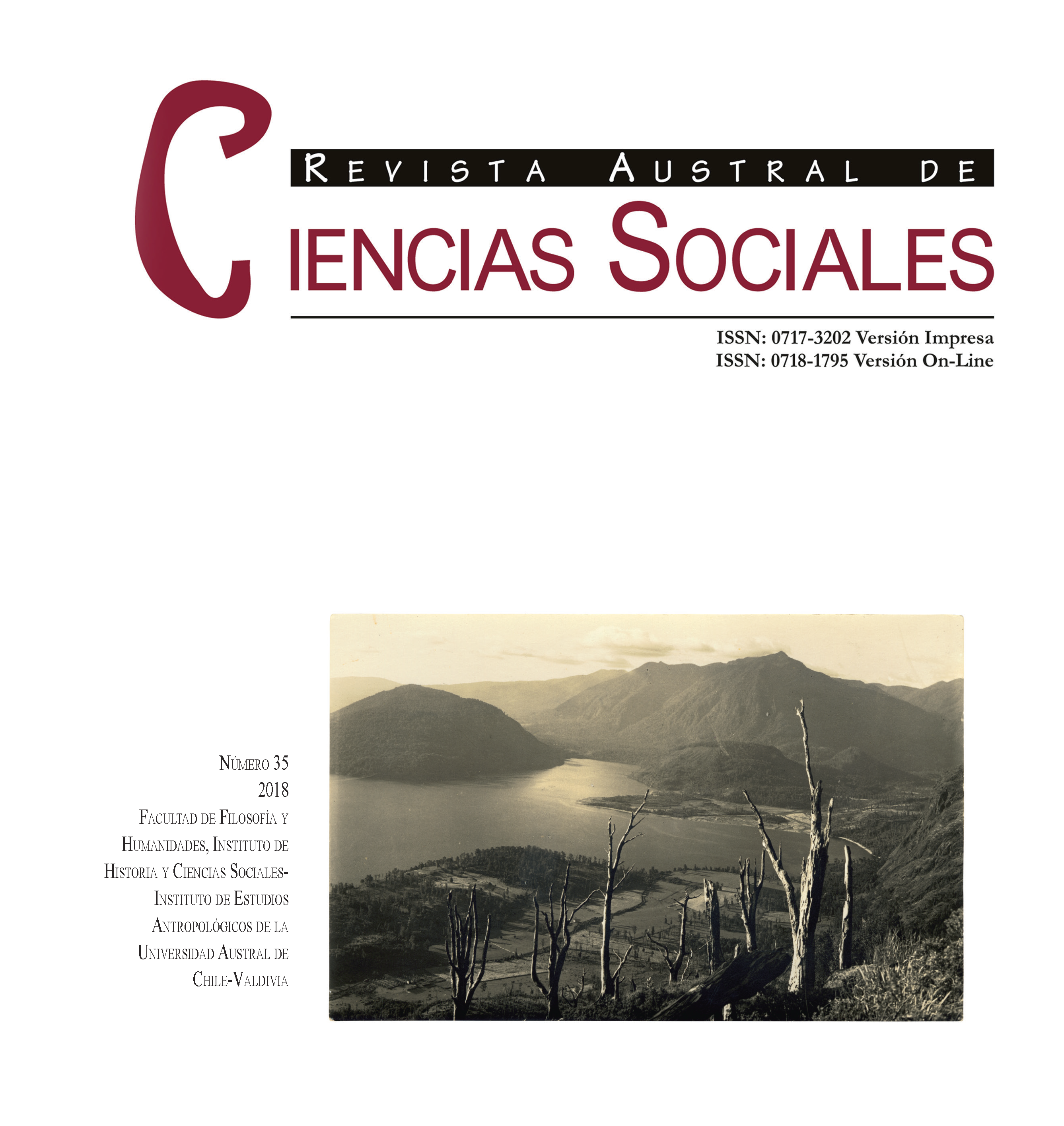“Listening to the forest’s call” exploring the affective dimensions of environmental conservation through a multiespecies ethnography approach. Santuario El Cañi, Chile
Main Article Content
Abstract
In the past, the social role of environmental conservation has been put into question due to the lack of participation of the local communities. Actually, this has been reformulated, being the participation of the local communities the main focus of the conservation projects. In this article it is stated that this reformulation must be accompanied by a broader comprehension, addressing the relations between different species as a fundamental part of the analysis and discussion of environmental conservation. Based on two years of ethnographic research in the area of Pichares, ninth region of Chile, where the El Cañi Nature Sanctuary is located, it has been analysed how the social role of conservation is subordinated to the forms of coexistence with other species (birds, cows and trees). Specifically, the tension between environmentalists and local peasants must be addressed from life practices in the forest and the challenges that the interconnection between species poses to conservation. On the other hand, it is fundamental to understand the development of local collaboration, through the role played by local guides that share values and practices with both peasants and environmentalists. Among these, affectivity has been cultivated in human relationships with certain species of trees, insects and birds. These reveal a multiplicity of relationships of affection between species that call for the forest to be taken care of.

